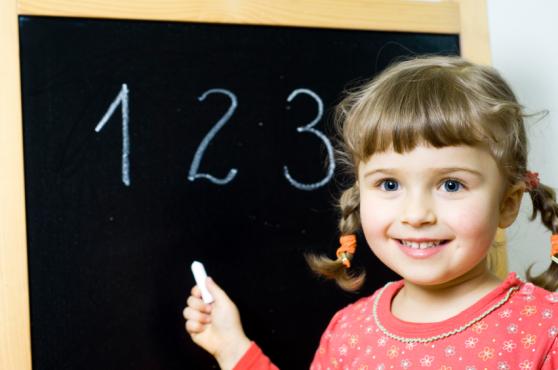
In principle, the teaching of a hearing impaired child always takes place in the student’s local school and the municipality is responsible for the organisation of each student’s education. If the municipality is unable to, despite its efforts, provide appropriate education as well as support services for learning, and the student benefits from the services offered by the state’s special schools, the municipality of residence can, in cooperation with the parents, make a decision to apply for a study place.
Admission of a student is preceded by a support period arranged at the state’s special school and paid by the municipality, during which the situation and needs of the student are estimated in a multidisciplinary working group. When assessing the teaching arrangements and support measures, cooperation is made with the municipality of residence.
If the municipality decides continue with enrolment, the municipality commits to any costs incurred for the student’s transportation and possible assistant. Enrolment papers with instructions are sent to parents upon request. Information relating to enrolment dates can be found on each special school’s website.
Studying at a special school
State-run special schools are also operated in connection with the state’s learning and guidance centres. In these, hearing-impaired students study at Onerva Mäki School, Mikael School and Tervaväylä School. These schools provide, if necessary, accommodation services for students that travel from further away.
The principal of each state special school makes the decision of the student admission. New students are usually admitted to the state’s special schools at the beginning of each academic year, from 1st August onwards. During their study path, the student admitted to the school may also transfer to their local school, if there is no longer any need to study at the state’s special school.
The teaching at state special schools is based on the curriculum, which has been drawn up according to national criteria. Each student is within the scope of special support and a personal educational plan, or IEP, is drawn up for them. Students studying in a subject-division manner may study, as necessary, the subjects according to an individualised study amount, but at the school all subjects can be studied in accordance with the general curriculum. Students with hearing and multiple other impairments may also study in accordance with sectors.
Rehabilitation and guidance that support teaching and learning form an ensemble. Rehabilitative everyday activities is a guiding principle in all school activities. Thus, the student home is also a learning environment. Its diverse leisure activities and home-like environment are an integral part of the overall rehabilitation.
More information about the services offered by the state special schools
For more information you can ask directly from these schools. The schools’ websites also provide more information about the services learning and guidance centres offer.




